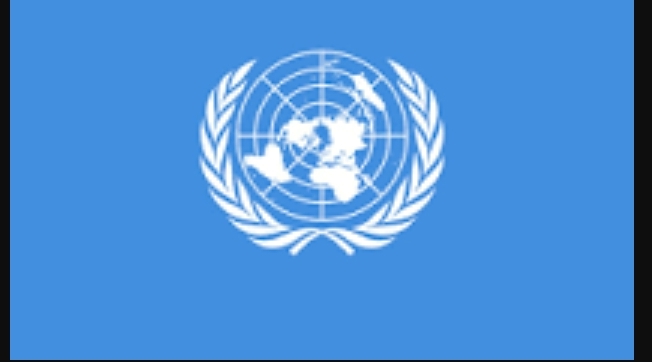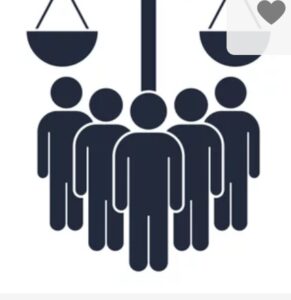In recent years, the Somali state of Ethiopia has witnessed a series of grave human rights violations and criminal acts under the leadership of President Muhumad Omar and his security chief, Getacho, from the Tigray People’s Liberation Front (TPLF). These atrocities have deeply disturbed the global community and sparked serious concerns about the state of human rights in Ethiopia.
A particularly egregious instance of human rights abuses in the Somali state was the mass killing of civilians in Karamara town. In April 2018, government forces, backed by TPLF security forces, brutally suppressed a peaceful protest in the town. Witnesses reported that security forces mercilessly fired upon demonstrators, resulting in the deaths of many and injuries to numerous others. While the government argued that the protest posed a national security threat, human rights groups decried the security forces’ actions as excessive and indiscriminate.
Another alarming case of human rights violations in the Somali state was the unlawful detention and torture of political prisoners. Under President Omar’s regime, dissidents, journalists, and activists were arrested, leading to their mistreatment in custody. Many detainees were subjected to physical abuse, electric shocks, and sexual violence. Some were even held in solitary confinement for extended periods without access to legal assistance or visitation rights.
A shocking aspect of the human rights abuses in the Somali state was the utilization of sexual violence as a tool of war. Women and girls in conflict-ridden areas suffered from various forms of sexual abuse, including rape, forced prostitution, and enslavement. Many victims refrained from reporting these crimes due to fear of retaliation from government or TPLF security forces.
Numerous instances of crimes against humanity committed in the Somali state under President Omar’s leadership have been documented by the United Nations and human rights organizations. These include extrajudicial killings, enforced disappearances, torture, and sexual violence. The failure to hold perpetrators accountable and provide justice for victims has fostered a culture of impunity and emboldened security forces to perpetrate further abuses.
The international community has a duty to hold the Somali state accountable for its grave human rights violations and ensure justice for the victims. The United Nations Security Council should consider imposing targeted sanctions on individuals responsible for such abuses, including President Omar and Getacho. Additionally, the International Criminal Court should investigate and prosecute those involved in crimes against humanity.
The pursuit of justice for victims of crimes against humanity is a necessary moral imperative. Perpetrators must be held accountable for their actions, irrespective of the time passed since the crimes were committed. There can be no amnesty for such heinous acts, and justice must prevail through legal proceedings.
Prosecution is vital to uncovering the truth, serving justice, and offering closure to victims and their families. Upholding human rights and the rule of law requires relentless dedication to ensuring accountability for those responsible for atrocities.
In conclusion, the human rights abuses committed in the Somali state under President Muhumad Omar and his TPLF security boss are a stark reminder of the need for international action to prevent further atrocities and ensure justice for the victims. The international community must stand in solidarity with the people of Ethiopia and support their calls for accountability and justice. Only through a collective effort to uphold human rights and the rule of law can we prevent future crimes against humanity in the Somali state and beyond.





